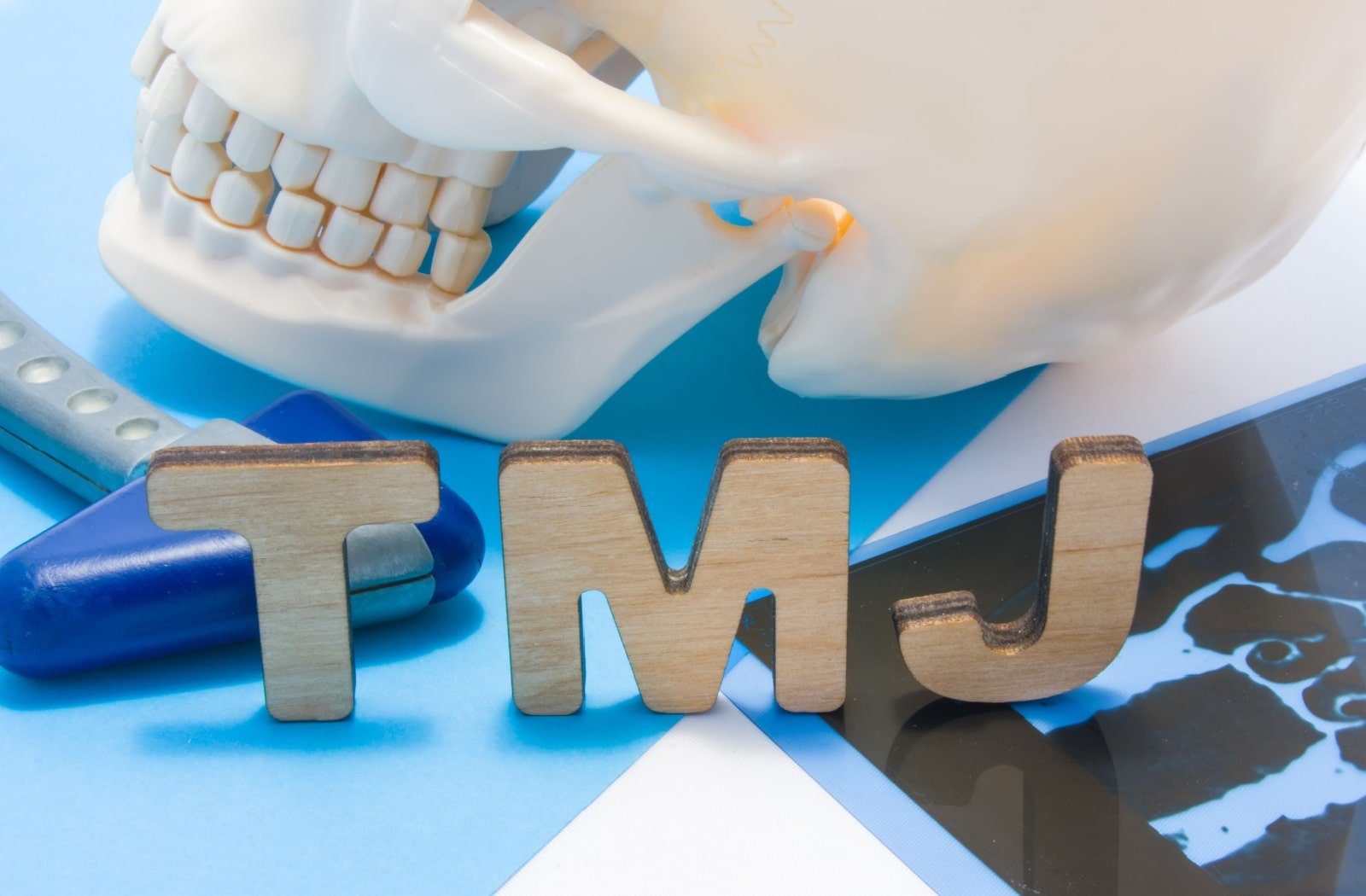Can TMJ Cause Tooth Pain?
Tooth pain, whether it's constant or just a dull ache, can be hard to ignore. And while tooth pain can be preventable through dental hygiene and regular dental cleanings, other types of dental care are still needed to help detect any underlying issues early on.
Tooth pain can also stem from causes not related to your teeth, including conditions like temporomandibular joint disorder. Also known as TMD or TMJ, temporomandibular joint disorder can cause toothaches, pain, and discomfort in the muscles near your jaw.
Your temporomandibular joint connects your jawbone to your skull and enables jaw movement, which allows you to talk, chew, and open and close your mouth. However, sometimes this joint can become inflamed or injured, leading to tooth pain and other symptoms.
What Is TMJ?
The temporomandibular joint is on either side of your head, where your jawbone connects to your skull. Because the TMJ can rotate and move side to side, forward, and back, it allows you to speak, chew, swallow, and yawn.
However, when there's inflammation or other issues with the muscles, bone, or other tissues surrounding the joint, you can develop temporomandibular joint disorders, also known as TMDs or TMJ. While many TMDs last briefly, some can last longer or become chronic.
Causes of TMJ
TMJ can result from several causes, such as:
Genetics
Arthritis and displacement of the jaw joint disks
Trauma or injury to the head, neck, or jaw
Strain from involuntary clenching or grinding teeth (bruxism)
Symptoms of TMJ
Not everyone presents with TMJ signs and symptoms. Some patients might experience all, and others only a few. Gender can be a factor, and it's more common between ages 20 and 40.
Here are some TMJ signs and symptoms:
Jaw pain or tenderness
Jaw stiffness or limited movement
Pain in the chewing muscles
Pain in one or both of the temporomandibular joints
Pain that spreads to the ears, face, and neck
Ear pressure or ringing in the ears
Clicking or popping sound and grating sensation when opening and closing the mouth
A change in the fit of upper and lower teeth
Headaches
Tooth Pain with TMJ
One common symptom of TMJ is tooth pain. While the pain may feel like it originates from the teeth, the cause is the joint itself. You can feel tooth pain as a result of TMJ because the nerves that transmit pain signals from the jaw and the teeth are connected.
Pain may feel worse when you take a large bite of food. It's necessary to consult your dental professional if you're experiencing tooth pain and receive an accurate diagnosis by ruling out other causes.
How is TMJ Diagnosed?
TMJ-related tooth pain can be misdiagnosed, as it can mimic other dental conditions such as tooth decay, gum disease, or an abscessed tooth. But pain that originates elsewhere and goes to the jaw may indicate TMJ.
In order to accurately diagnose TMJ, Your dental professional may complete a physical exam that includes:
Checking your jaw joints for pain or tenderness by pressing on areas around the jaw.
Listening for clicks, pops, or grating sounds when you move your mouth.
Checking your range of motion or if your jaw locks when you open and close your mouth.
Testing your bite.
Checking for facial muscle problems.
For further investigation, your dentist may complete additional tests, including:
Dental x-rays to examine your teeth, jaw, and joints.
Computer tomography (CT) scans to get detailed images of the bones involved in the joint.
Magnetic resonance imaging (MRI) to reveal problems with surrounding soft tissue and check if the TMJ disk is in the proper position.
Treatment for TMJ
With the correct diagnosis, patients with TMJ can receive the appropriate treatment. In some cases, symptoms may go away, but if they persist, TMJ treatment options can include:
Over-the-counter nonsteroidal anti-inflammatory pain relievers like ibuprofen
An oral appliance or nightguard
Hot and cold packs applied to the side of the face
Avoiding extreme jaw movements such as yawning or chewing gum
Adopting a temporary soft food diet to allow muscles to relax and heal
Other treatment methods can include dental work such as orthodontics to balance the biting teeth surfaces or to correct a bite problem. Restorative dentistry, like crowns, bridges, implants, and dentures may be recommended to replace missing teeth. Dermal fillers may also be used to relax the facial muscles, and rarely, oral surgery may be recommended.
TMJ Treatment for Pain Relief
Tooth pain, regardless of the cause, should not be ignored. TMJ can cause tooth pain even though it originates in the jaw, but it is not the only cause of tooth pain.
Seeking proper diagnosis and treatment can help alleviate discomfort and prevent further complications. If you experience symptoms of TMJ, book an appointment with Shine Dental to receive the care you need to alleviate your pain.

